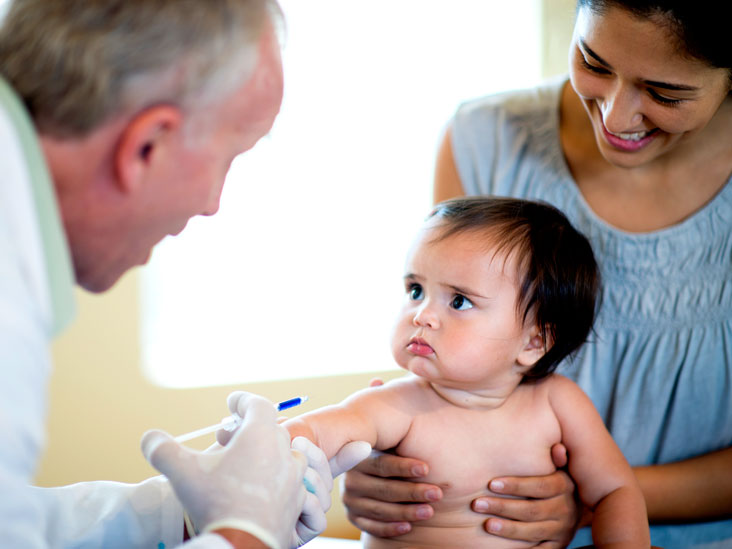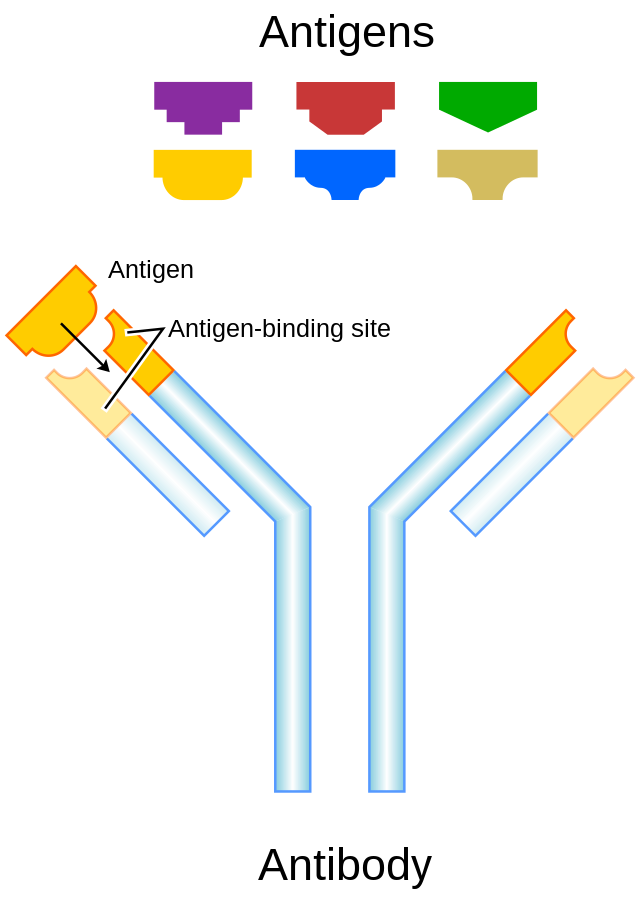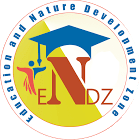
Immunization is the process by which an individual’s immune system is stimulated to develop immunity to a specific disease or set of diseases. Immunization involves the administration of a vaccine, which contains antigens (substances that stimulate an immune response) that mimic the disease-causing organism, thus stimulating the body to produce antibodies (immune molecules) against the organism. These antibodies provide long-lasting protection against the disease and can be passed on to future generations. Immunization is an important public health tool that has saved millions of lives and is responsible for eliminating many dangerous diseases, such as smallpox, polio and measles.
Vaccination is a critical tool for preventing and controlling infectious diseases in humans and animals. Vaccines stimulate the body’s own immune system to protect against disease-causing agents such as bacteria and viruses. Vaccines are considered one of the most successful and cost-effective public health interventions available. Vaccination helps to protect individuals, communities and whole populations from infectious diseases, and can save lives and reduce suffering from preventable illnesses, including some of the most serious and deadly diseases. Vaccination has been credited with saving millions of lives and eradicating smallpox, the only human disease that has been completely eliminated. Vaccination is also an important tool for controlling the spread of zoonotic diseases, or diseases that spread between animals and humans.
Components of vaccines
- Antigen: This is the main component of a vaccine and is usually a weakened or inactive form of the virus or bacteria against which the vaccine provides protection.
- Adjuvant: This is an additional component that helps to stimulate the body’s immune response to the antigen and make the vaccine more effective.
- Preservatives: Chemicals such as formaldehyde or thimerosal are often included in vaccines to prevent contamination and ensure the vaccine’s potency.
- Stabilizers: Vaccines often contain stabilizers such as sugar or gelatin to protect the antigen from breakdown or change in structure.
- Inactivating agents: In some vaccines, an inactivating agent such as alum is added to ensure that the virus or bacteria in the vaccine is dead or inactive.
- Antibiotics: Antibiotics such as neomycin may be added to certain vaccines to prevent contamination from bacteria.
Antigens and antibodies

Antigens are molecules that are foreign to the body and can trigger an immune response. They can be proteins, carbohydrates, or lipids, and are typically found on the surface of bacteria, viruses, and other microorganisms. Antibodies are proteins produced by the body in response to an antigen. They bind to the antigen, marking it for destruction by the immune system.
imunisation, antijenes
